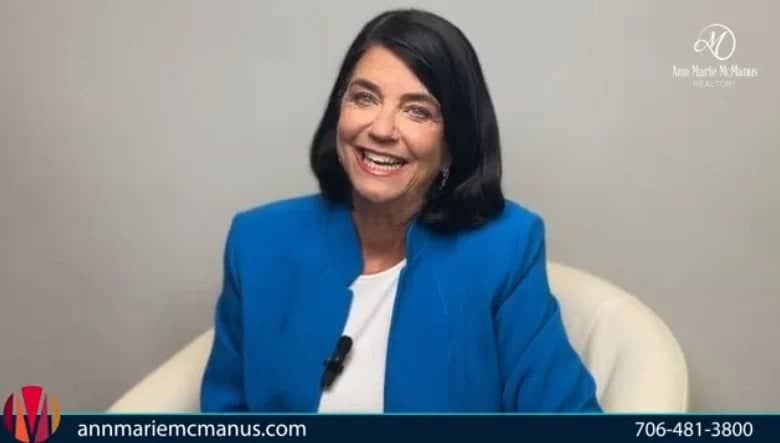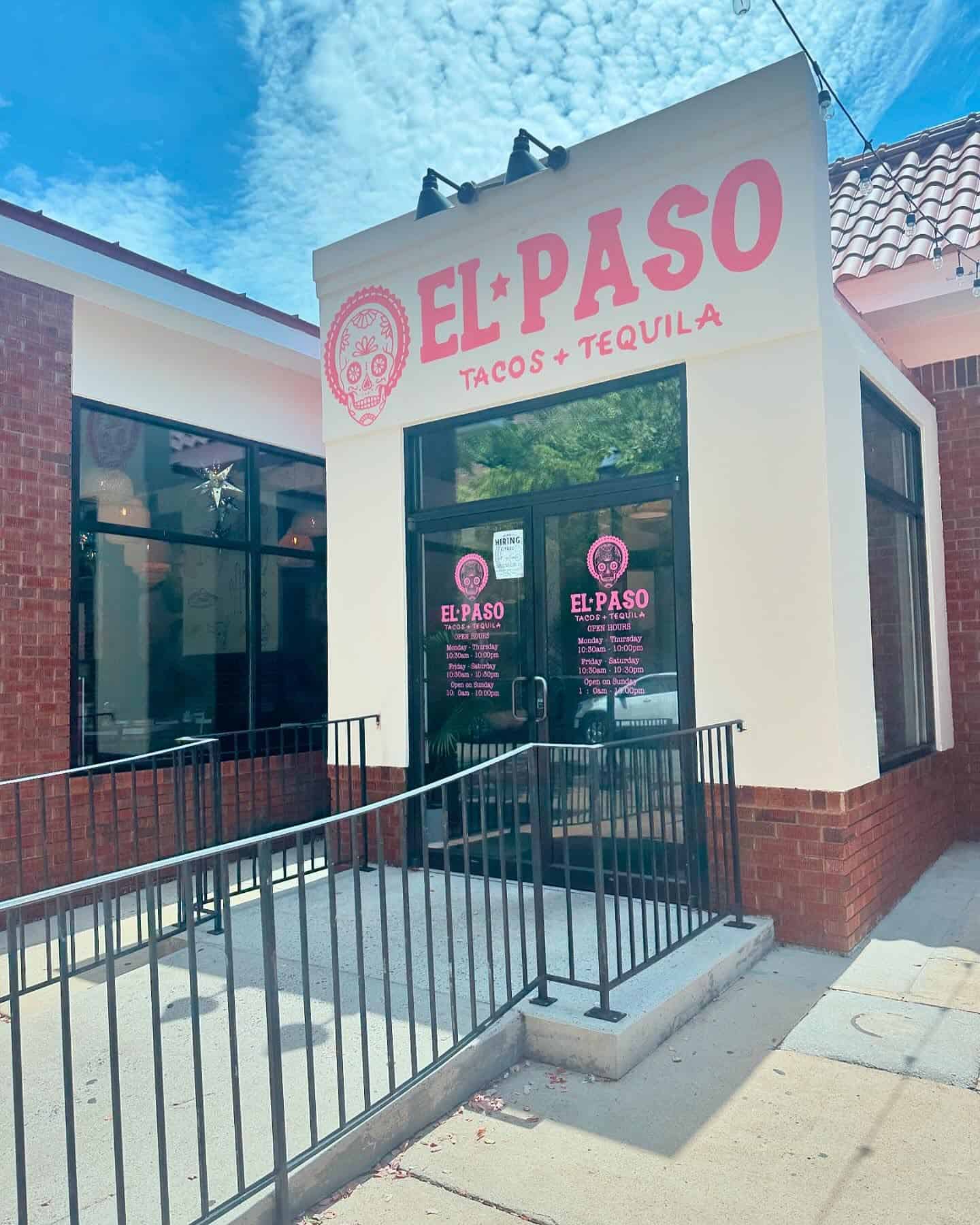A week after a controversy arose over the rezoning of the clubhouse building at Jones Creek Golf Club, clubhouse owner, Mark Herbert has decided to withdraw his request for a zoning change from the Columbia County Planning Commission.
Herbert said that due to the lack of information available to Jones Creek residents, he has elected to withdraw his rezoning request at this time. He said the planned sale of the clubhouse is still expected to go through.
Jones Creek Golf Club closed in September 2018 during an unresolved lawsuit against Columbia County, concerning stormwater runoff that flooded parts of the course. In October 2019, Herbert, president and owner of Herbert Homes, bought the clubhouse and about seven acres of land around it, including the parking lot. For several years, Katerwerks operated a restaurant and catering service in the clubhouse but closed last summer.

Now, Herbert has a contract to sell the clubhouse to a person who plans to continue using the building as a restaurant, catering facility, and small event space.
“Technically, I could open up the clubhouse and set up a new restaurant right now,” Herbert said, “but if I sell it, it has to be rezoned. This guy is going to be doing the exact same thing Katerwerks was doing.”
And that rezoning appears to have spurred the controversy.
Last Monday, USAToday’s GolfWeek reported on a meeting of the Jones Creek Homeowners Association where HOA leaders spoke out against the rezoning, claiming it would prohibit the clubhouse from being used as part of the golf course, which could quash attempts to sell the dormant property. In the story, the HOA appears to blame Herbert.
Herbert said ABD is the first news source to contact him about the controversy. He said his attorney reached out to the HOA’s attorney in December, but didn’t receive a response until this week.
“I don’t really understand why all these accusations are coming out,” he said about the controversy.
A Clause in the Contract
Herbert’s purchase agreement for the clubhouse included a three-year option that allowed the golf course, owned by Julian Saul, to buy back the clubhouse. That expired last October.
“They had a 36-month guaranteed buyback but they didn’t exercise it,” Herbert said. “They said they wanted to do it but they never did.”
Melissa Mundy, who, with her husband, Ray, had been the owner and operator of Katerwerks in the clubhouse, said that stipulation left their lease in limbo and hampered their ability to book events, which led to the closing of their business there.
“The pending deal left us in limbo,” Mundy said. “Mark was put in a difficult situation and he wasn’t able to tell us if he could renew the lease. If the timing had been different, we’d have been able to work it out. It was no fault of his or mine.”

The Rezoning Issue
At the heart of the current controversy is the zoning change, which was to be discussed at the Columbia County Planning Commission on Thursday. Columbia County requires that the property be rezoned from a Planned Unit Development (PUD) to Special zoning (S-1). A PUD designation, which the golf course – including the clubhouse – is currently under, allows for innovative land use and site planning for a specific use, as spelled out by an agreement. An S-1 zoning is use-specific and typically is restricted to that one use – in this case, a restaurant and event center rather than a golf clubhouse.
But if the course is sold, the new owner of the clubhouse told Herbert he would gladly allow the course to use the cart barn and the pro shop. He sees it as a boon to his restaurant business to have the course open.
Mundy said their zoning to operate in the clubhouse had been grandfathered in for their specific business and not for the physical building, so the special zoning ended when they closed, which is apparently why the rezoning is required.
One potential problem the pending sale presents for the HOA is access to the pool and tennis courts, which are located next to the clubhouse. The HOA owns those, but the parking lot for them is part of Herbert’s property that will be included in the sale. Herbert said he has unsuccessfully tried to give the HOA access to the lot in exchange for monetary help in maintaining it.
“They refuse to pay to keep up the parking lot,” he said. “It’s been 42 months and they haven’t paid one brown penny.”
Potential Buyer for the Golf Course
Herbert said the new group that has shown interest in buying and revamping the golf course, Bond Golf Global, is one of several groups in the past few years who showed interest but fell short of the funding needed to buy the course and refurbish it. According to the article in GolfWeek, Bond Golf has said their plan includes opening a training facility on the course by the end of September and having the golf course fully operational by the end of 2024. Herbert has his doubts.
“It’s been dormant for five years,” Herbert said. “It’ll be very expensive to put that golf course back into shape.”
The course has been unused for golf since it closed, but some residents keep parts of it mowed, and the cart paths have become popular for walking. Still, most of the greens and tee boxes would need to be rebuilt, sand traps rehabilitated, brush cleared and the cart paths and walking bridges repaired, plus the water runoff problem remains unresolved.

While the plan to reopen the course sounds promising, Herbert said that during Katerwerks’ tenure in the clubhouse, neighborhood participation in the restaurant was low. And he said, even when the golf course was open only about 5 percent of the neighborhood participated in playing.
Mundy hopes a deal can be worked out to keep the clubhouse operating in some capacity.
“It keeps the property maintained and increases the property value for everyone,” she said. “We have a lot of great memories from there and we still have relationships with people there. We’d love to see (it in use), even if we aren’t there anymore. We think it would be beneficial to the neighborhood.”











3 comments
Disappointing. An article like this ruins any reputation as a “business newsletter” you may have once had. This “article” would not be accepted by a junior high school publication. Opinions presented as facts. Hearsay presented as facts. No verification of any claims. No mention of a response or opportunity for rebuttal. This is not an article. This is an advertisement for Mark Herbert. You should be ashamed.
The artical describing the current issues with the clubhouse at Jones Creek is full of inaccuracies and just false details. This author should be barred from publications and should look further into facts and all sides of a story before going public with any story. You potentially harmed parties with inaccurate needing to be retracted.
Seems like you would want to hear both sides of this story. Many things quoted and said here are just not true. Did you verify these statements?